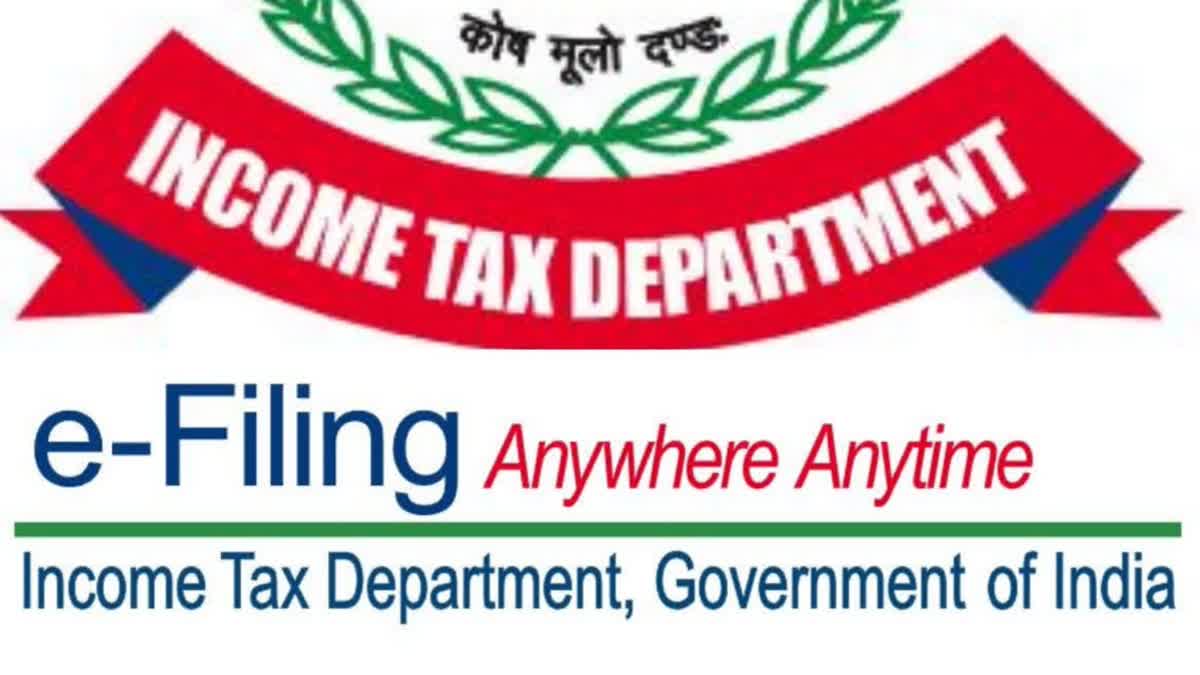Krishnanand
Finance Minister Nirmala Sitharaman's recent budget announcement brought significant relief to the middle class and salaried individuals. While a middle-class-friendly budget was anticipated, the extent of the relief exceeded expectations, making it a potentially landmark budget for taxpayers.
With one stroke, the finance minister made the income up to Rs 12 lakh virtually tax-free and for the salaried class, this limit has been increased to close to Rs 13 lakh (Rs 12,75,000 in a fiscal).
If one looks at the old tax regime, then income up to Rs 2.5 lakh in a year did not attract any tax or it was zero-rated. In other words, under the old tax regime which is still available to those taxpayers who wish to file income tax returns under this regime, a taxpayer was not required to pay any income tax.
For the new tax regime, which is applicable in the ongoing financial year, the actual limit worked out to be Rs 7 lakh and for the salaried class it was Rs 7.25 lakh. Although income between Rs 3 lakh to Rs 7 lakh attracted 5 per cent tax, with a clever use of Section 87A of the Income Tax Act of 1961, income up to Rs 7 lakh was in a way made tax-exempt by giving a rebate on the payment of income tax.
This year, Finance Minister Nirmala Sitharaman though tweaked the tax rates and tax slabs but to make it tax-exempt up to Rs 12 lakh, she has again relied on the method used by Piyush Goyal in 2019’s interim budget.
So the income up to Rs 12 lakh is tax-free?
Income up to Rs 12 lakh in a financial year under both the old tax regime and new tax regime is not free from payment of income tax and there are different tax slabs and tax rates that will attract income tax under both the regimes. Therefore it would not be technically correct to say that personal income up to Rs 12 lakh in a year has been made completely tax free.
So how the FM made income up to Rs 12 lakh tax-free?
In the Finance Bill of 2025, the finance minister proposed to amend Section 87A of the Income Tax Act of 1961.
Section 20 of the Finance Bill of 2025 says that amendment to Section 87A, which is proposed to come into force from April 1, 2026, in clause a of the first proviso, for the words “seven hundred thousand rupees”, the words “twelve hundred thousand rupees” shall be substituted, and secondly, for the words “twenty-five thousand rupees”, the words “sixty thousand rupees” shall be substituted.
The Finance Bill 2025 also aims to add one more proviso in the Income Tax Act of 1961, namely that the deduction under the first proviso, shall not exceed the amount of income-tax payable as per the rates provided in sub-section (1A) of section 115BAC. This proviso means that this enhanced limit will only be applicable to those taxpayers who will file their income tax returns under the new regime as Section 115BAC pertains to the new tax regime and does not cover taxpayers under the old tax regime.
Now this amendment to Section 87A, when approved by the Lok Sabha, will do two things. First, it proposes to make anyone having an income of Rs 12 lakh in a year eligible to claim a deduction under the law. Second, the amount of the rebate will also be increased from Rs 25,000 in a year to Rs 60,000 a year.
Effective tax and benefits under the new tax regime
Finance Minister Sitharaman also proposed to tweak tax slabs and tax rates for the next fiscal. As per the proposed tax slabs, under the new income tax regime, income up to Rs 4 lakh will attract zero tax, and income above Rs 4 lakh and up to Rs 8 lakh will attract 5 per cent income tax which translates into Rs 20,000 income tax. Moreover, the income above Rs 8 lakh and up to Rs 12 lakh will attract 10 percent income tax which translates into Rs 40,000 income tax.
So as per the proposed new tax regime, an income of Rs 12 lakh will attract Rs 60,000 in income tax and Section 20 of the Finance Bill proposes to amend Section 87 of the Income Tax Act to increase the limit of rebate from the present Rs 25,000 to Rs 60,000 a year. It means the liability of paying Rs 60,000 income tax for the next fiscal will be offset by claiming rebate under Section 87A.
Whether one needs to file ITR to avail these benefits?
Any taxpayer having an income in excess of Rs 4 lakh in the next financial year will be required to file an income tax return under the new regime (under Section 115BAC of the Income Tax Act) to claim the benefit of the increased rebate.
A taxpayer cannot assume that his income above Rs 12 lakh in a year is completely tax-free hence he or she need not file the income tax return.
Moreover, salaried employees are allowed to claim a further deduction of Rs 75,000 as a standard deduction therefore in their case, the income up to Rs 12.75 lakh in the next financial year will virtually attract no income tax provided they file their income tax returns under the new tax regime and claim rebates and deductions as applicable to them.



